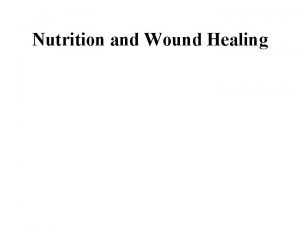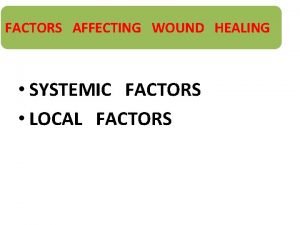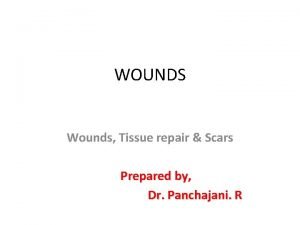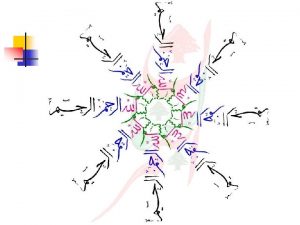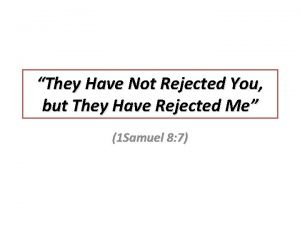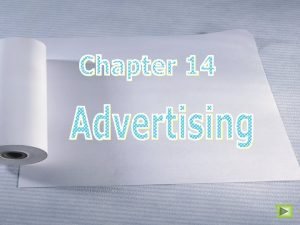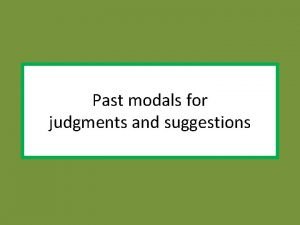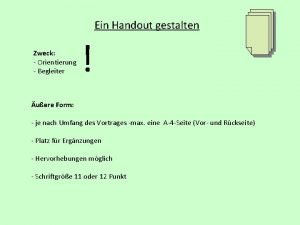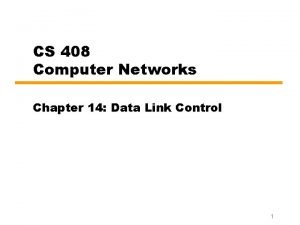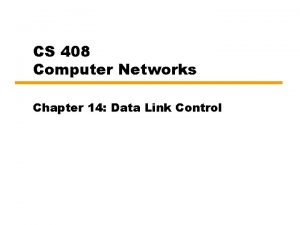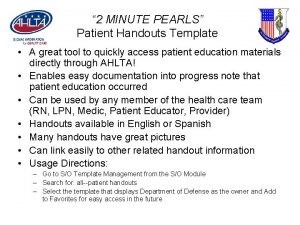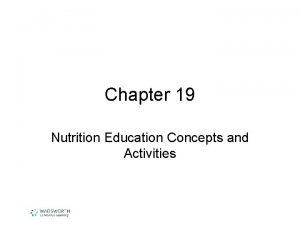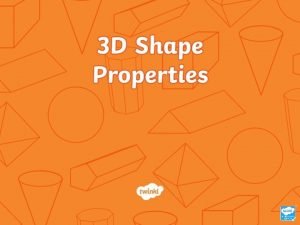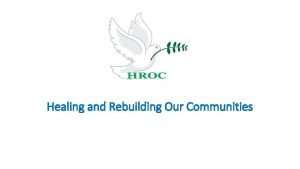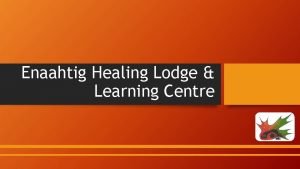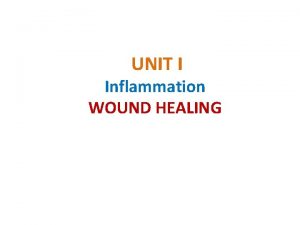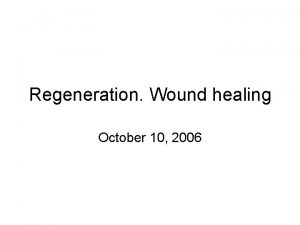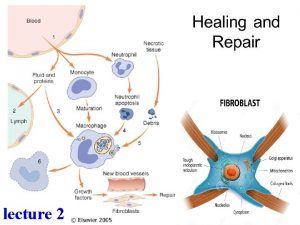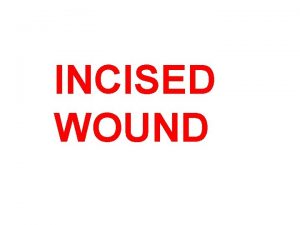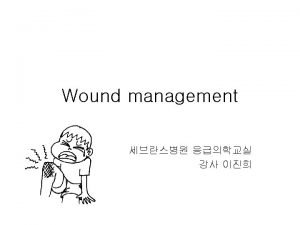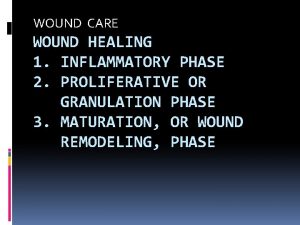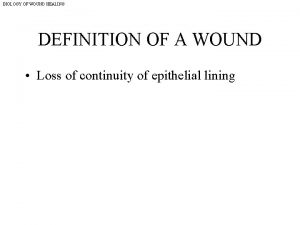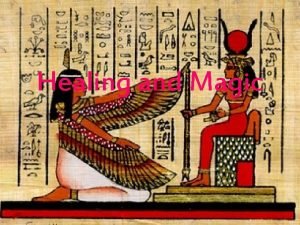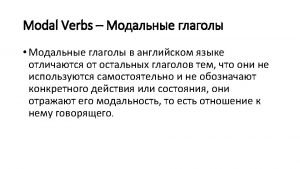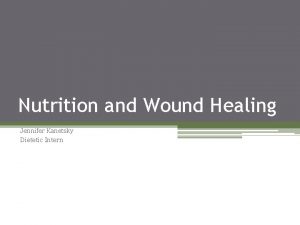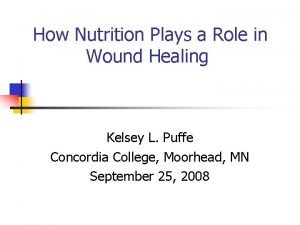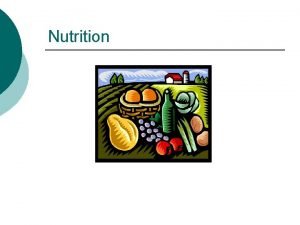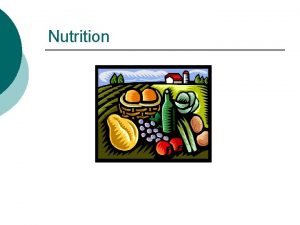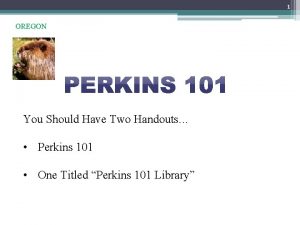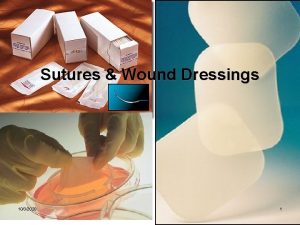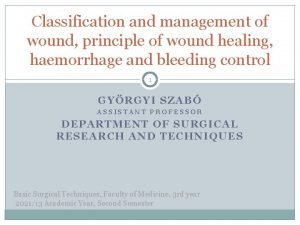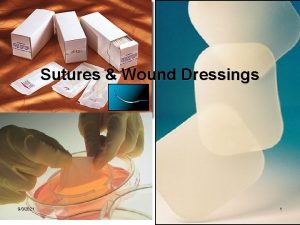Nutrition and Wound Healing Handouts you should have




























- Slides: 28

Nutrition and Wound Healing

Handouts you should have… • • Outline for taking notes Braden Scale Diagram of pressure points “Cascade of wound healing events” RDA vs. Needs in the wounded patient Nutritional assessment algorithm Bibliography/references

Outline • • • Introduction What are wounds? Mechanisms of healing Nutritional therapy in the wounded patient Q&A

Introduction • Most wounds, surgical or otherwise, WILL HEAL – A non-healing wound places the pt at increased risk of death • Malnourished patients have a higher risk of wound-related problems – But obesity is more of a risk than malnutrition! • Wounds heal at a molecular level

What are wounds? • A wound is tissue destruction that triggers an inflammatory response geared towards restoration of skin integrity • The difference between a chronic and an acute wound is that chronic wounds have a constant source of infliction that needs to be removed in order for the wound to heal.

What are wounds? • Acute wounds – Scrapes and lacerations – Surgical wounds, intact or dehisced – burns

Surgical wound, dehisced

What are wounds? • Chronic wounds – Decubitus ulcers/pressure ulcers – Diabetic foot ulcers – Venous stasis wounds – Arterial stasis wounds

Diabetic foot ulcers • • • Peripheral neuropathy “The princess and the pea” syndrome Uncontrolled blood sugars Typically on the planter surface of the food Number one cause of amputations in diabetics

Diabetic foot ulcers

Venous and arterial stasis wounds • Think back to normal leg vascularization • The calf-pump mechanism fails because of – Obstruction (DVT or extraluminal masses) – Regurgitation (valve weakness) – Venous incompetence (proximal DVT) – Vein weakness (primary varicose vein syndrome) – Muscle failure (ankle trauma or surgical fusion)

Pressure Ulcers • Pressure ulcers occur when capillary blood flow is cut off from the tissue • They occur from the inside to the outside • Primary causes of pressure ulcers – Pressure – Friction – Shear

Pressure ulcer areas ®Coccyx ®Scapula ®Greater trocanter ®Occitiput ®Elbows ®Heals ®knees

Staging of Pressure Ulcers • • Stage I: redness and warmth Stage II: shallow ulcer with distinct edges Stage III: full-thickness loss of skin Stage IV: involvement of fascia, connective tissue, muscle and bone • Stage V: area covered with black eschar (aka scab)

Stage I

Stage II

Stage III

Stage IV

Stages and Characteristics • Inflammation – Within the 1 st 72 hours after wound formation – Vascular dilitation – Leukocyte and macrophage migration – Clot formation

Stages and Characteristics • Fibroplasia – Occurs 2 weeks after inflammation stage – Collagen fibrils and ground substance producing matrix for the new connective tissue is formed – Vitamins A and C and protein are required for collagen formation

Stages and Characteristics • Contraction – Edges of the wound are drawn together – Degree of contraction is directly related to elasticity of the underlying tissue – 80% of all acute wounds will heal by contraction alone

Stages and Characteristics • Epithelialization – Epithelial cell migration across surface of the wound – Requirements for migration include tissue oxygenation, moisture, nutrition, temperature, and lack of infection – Aka “healing by secondary intention”

Stages and Characteristics • Maturation – Continuous remodeling and organization of collagen – Nutritional deficiencies may produce degeneration and weakening of the collagen network

Objectives of Nutrition Tx • • Restore nutrient intake, correcting CPM Monitor Branden Scale Scores Heal the ulcer and prevent further breakdown Improve infection, fever, diarrhea, and vomiting Assess intake using calorie counts Maintain skin integrity once healed Support immune system

Assessment of the wound patient • Profile – – – – – Height, weight changes, IBW Stage of ulcer(s) Braden scale Meds BUN/Cr, H/H, TP, Alb/prealbumin, N balance, Glue, TLC, Serum Zn and B 12 Appetite, usual intake, current intake Nausea, vomiting, diarrhea, general bowel fct Estimated intake from TEN or TPN Meds

Dietary Recommendations • Provide a high protein diet • Provide kcal at ~25 -35 kcal/kg CURRENT weight • Tube feed or parentally feed if necessary • Small frequent feedings if intake is poor • Supplement with MVI, Vit A, Vit C, thiamin, and zinc

Specific nutrient effects • • • Protein- tensile strength Vitamin C- collagen formation Copper- cross linking of collagen fibers* Iron- immune function Arginine- collagen precursor, stimulates insulin and GH secretion, enhances collagen accumulation

Specific nutrient effects • Vitamin A- antioxidant, counteracts steroids • Vitamin C- increases collagen synthesis • Zinc- immune function, increases healing only if there’s a deficiency in the first place • Vitamin E- clinical relevance not yet established • B Vitamins- collagen production and cross linking • Omega-3 fatty acids- cause weaker wounds by interfering with spatial orientation of fiber
 Wound healing nutrition handout
Wound healing nutrition handout Factors affecting wound healing local and systemic
Factors affecting wound healing local and systemic Wedge shaped stab wound
Wedge shaped stab wound Inflammation fever
Inflammation fever Types of wound classification
Types of wound classification Factors affecting wound healing ppt
Factors affecting wound healing ppt Primary union wound healing
Primary union wound healing They have not rejected you but me
They have not rejected you but me Advantages and disadvantages of handouts in teaching
Advantages and disadvantages of handouts in teaching Advantages of broadcast advertising
Advantages of broadcast advertising Words of institution
Words of institution Past modals for judgements and suggestions
Past modals for judgements and suggestions Can could would
Can could would Zoo103 handouts pdf
Zoo103 handouts pdf Jane schaeffer
Jane schaeffer Slide samples
Slide samples Handout stichpunkte
Handout stichpunkte Cs408 handouts
Cs408 handouts Cs408 handouts
Cs408 handouts Handouts definition
Handouts definition Www.studenthandouts.com
Www.studenthandouts.com Www.studenthandouts.com
Www.studenthandouts.com Gapped handouts
Gapped handouts Patient education template
Patient education template Student handouts inc
Student handouts inc Foods used in nutrition activities should be nutrient-dense
Foods used in nutrition activities should be nutrient-dense 6 faces, 12 edges and 8 vertices
6 faces, 12 edges and 8 vertices Hroc group
Hroc group Enaahtig healing lodge and learning centre
Enaahtig healing lodge and learning centre
